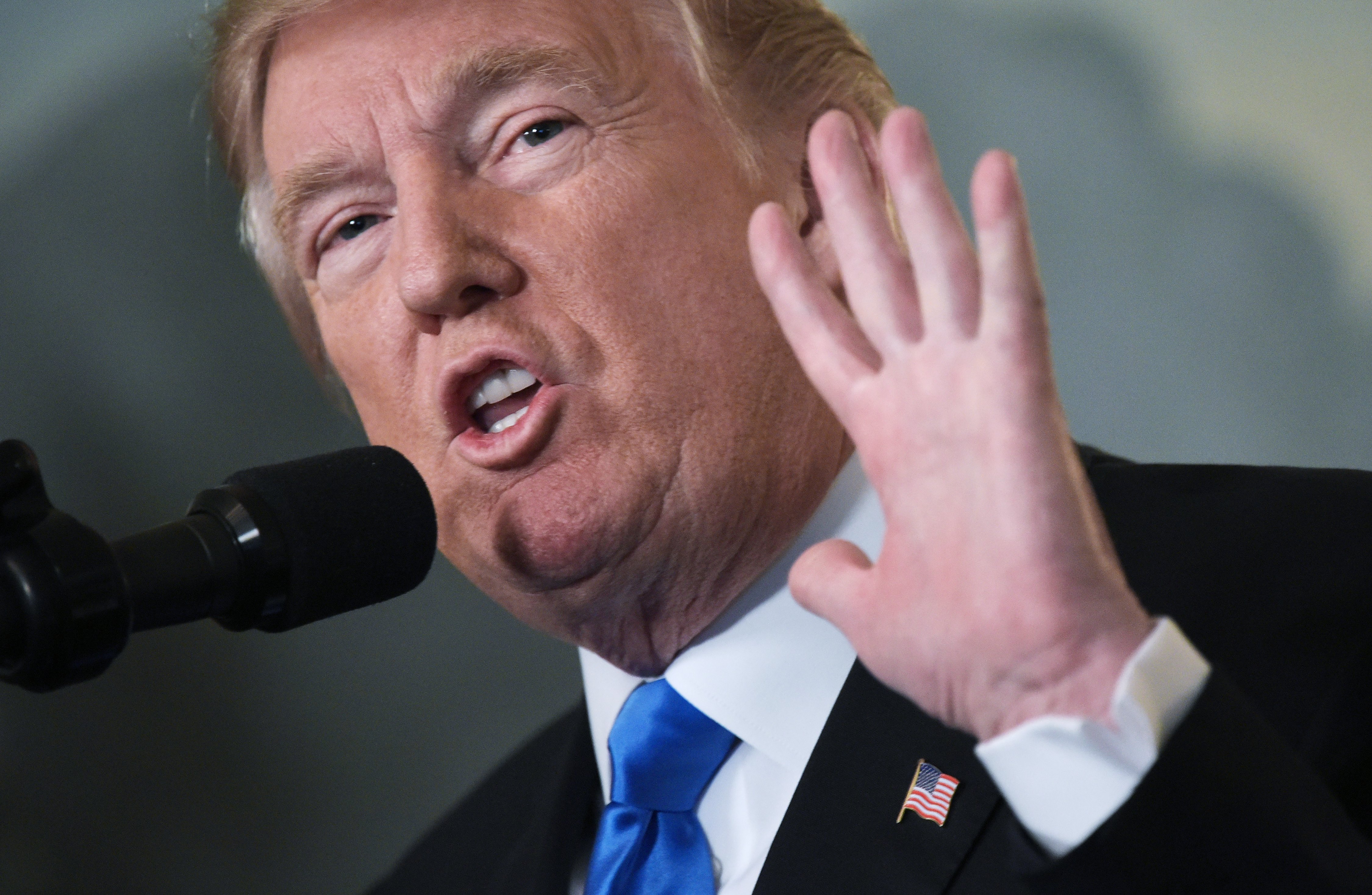TRADE
The tariff threat is just a small step from refusing to pay US international debt (a retaliation denied until now), the trade war would thus be extended to currencies, and China’s yuan was intentionally depreciated to boost exports. Trump is aware of all this and has realized that he is yet to fulfil his “America first” promises to his domestic voters. Flexing his muscles, knowing that others will flex theirs.

Tariffs war, trade war, the prospect of a currency war or a spy-war between Russia and Europe, are all reasons for concern. No irreparable damage – it could be said – compared to a veritable military war. However, the escalating antagonisms between the Great Powers (USA-China, Russia-Europe), should not be underestimated. In fact they go hand in hand with domestic constituencies that are rewarding nationalistic drives. Donald Trump’s “America First” has always been Putin’s “Russia first”, in line with “Britain First” and with the same claims made in Hungary and other areas of Europe. China is living out national pride with a strong expansionist drive.
Indeed, this is not the most welcoming milieu for friendships between peoples and national Governments, for joint intervention to address major global issues and solve local conflicts. Protectionism hastens the pace of nationalistic culture and borders, and it leaves little room to mutual understanding. The pompous use of tariffs on traditional commodities and technology extends far beyond the repercussions on the economy.
Even if the escalation of the tariff war between USA and China were viewed through numerical lenses alone, it would be evident that the partial benefits reaped today could seriously impact global growth.
Multinational corporations would hardly remain indifferent to a global milieu marked by the closure of national borders. Those with ongoing investments in disputed areas will tend to withdraw them, and those who are yet to decide, are likely to take their time. Apparently, by impacting foreign competitors, local production boosts domestic employment and gives respite to companies in difficulty. But while this benefits few – the most competitive and innovative in export business – others risk seeing their efforts thwarted by larger markets. Faced with a hostile market that discourages interchange between large areas, foreign companies have no interest in strengthening partnerships. The delicate mechanism of international trade – a mixture of economy, diplomacy, regulations and good will – risks being jammed.
If the figures remain those presented in the first part of the dispute (US sanctions on 1300 line items correspond to $100bn while Beijing’s response consists in $50 billion worth of tariffs on 106 items) in two years the two macro areas could lose $30bn, only a part of which would benefit other countries ( Italy included) standing outside the two giants’ show of force – provided that Europe is not crushed by the mutual retaliations and that the downward spiral has no global impact.
Could the threatening retaliation struggle come to halt? Just like USA and Korea lay down the weapons on the threshold of military conflict?
The US business community has been warning President Trump that upping the ante could spin out of control and that ultimately it’s not too late to freeze the implementation of the tariff plan.
Other factors could further a de-escalation of tensions: Beijing is a major creditor of the United States, the second largest foreign holder of US debt after the FED (Federal Reserve Bank). The tariff threat is just a small step from refusing to pay US international debt (a retaliation denied until now), the trade war would thus be extended to currencies, and China’s yuan was intentionally depreciated to boost exports. Trump is aware of all this and has realized that he is yet to fulfil his “America first” promises to his domestic voters. Flexing his muscles, knowing that others will flex theirs.